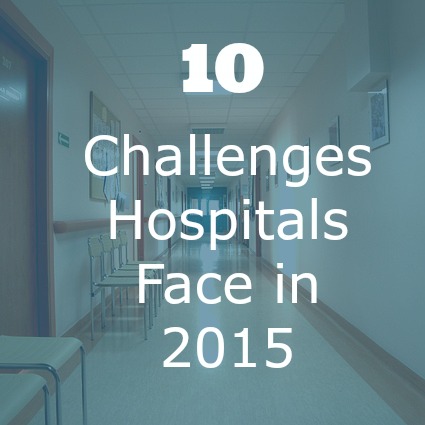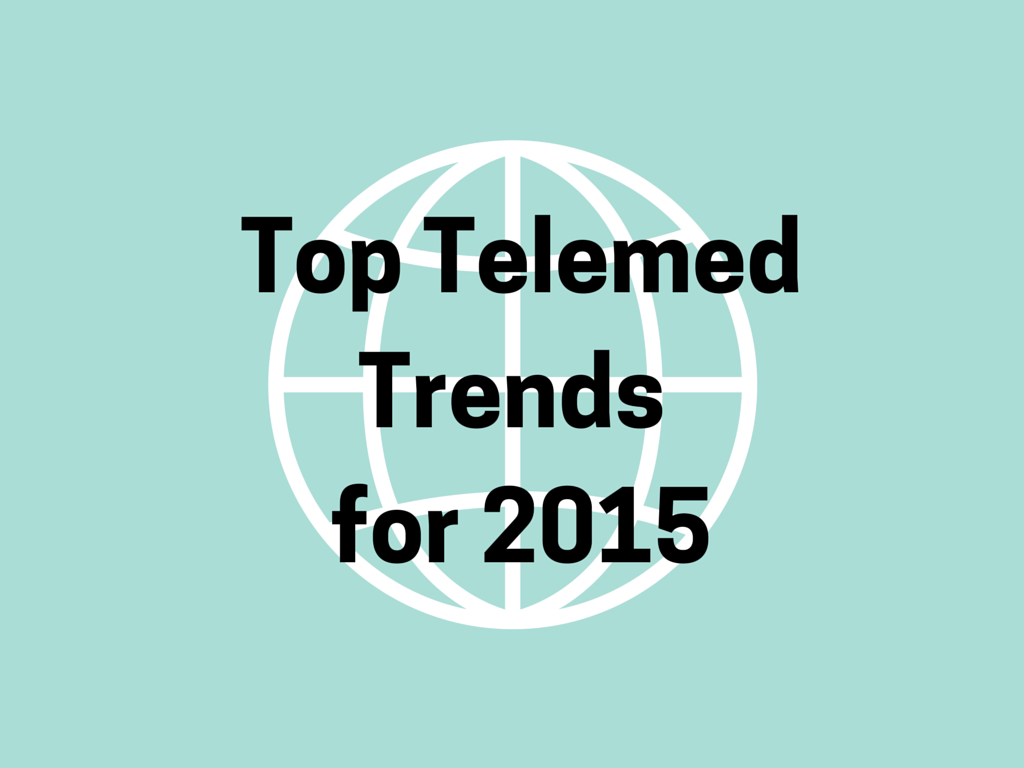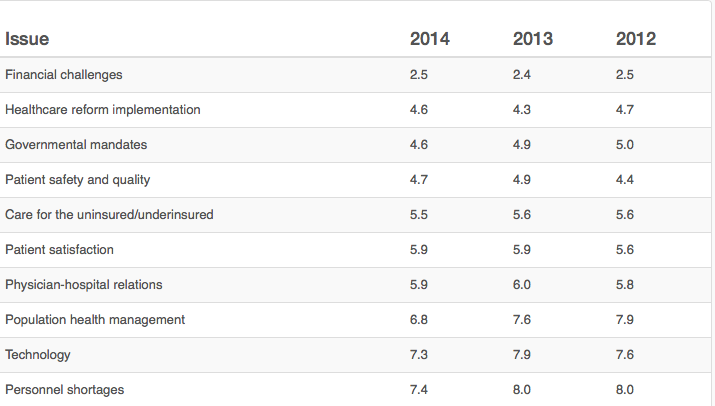6 Ways You Might Be Unwittingly Making a HIPAA Violation
With all this talk about making patient records more accessible to care teams via the magic of the electronic record, HIPAA and HITECH— the two laws that govern patient privacy — might seem like a bit of a downer. They serve a very explicit purpose, however, and ensuring that you are always in compliance will not only save you legal woes, but money in the form of fines and penalties for breaches. There are some obvious breaches of confidentiality that we must strive to avoid: you would never, for instance, post to all your Facebook followers the name, diagnosis and prognosis of a particularly difficult patient that you had today. What you might do instead, though, is go home and tell your spouse all about it. That’s a HIPAA violation.










